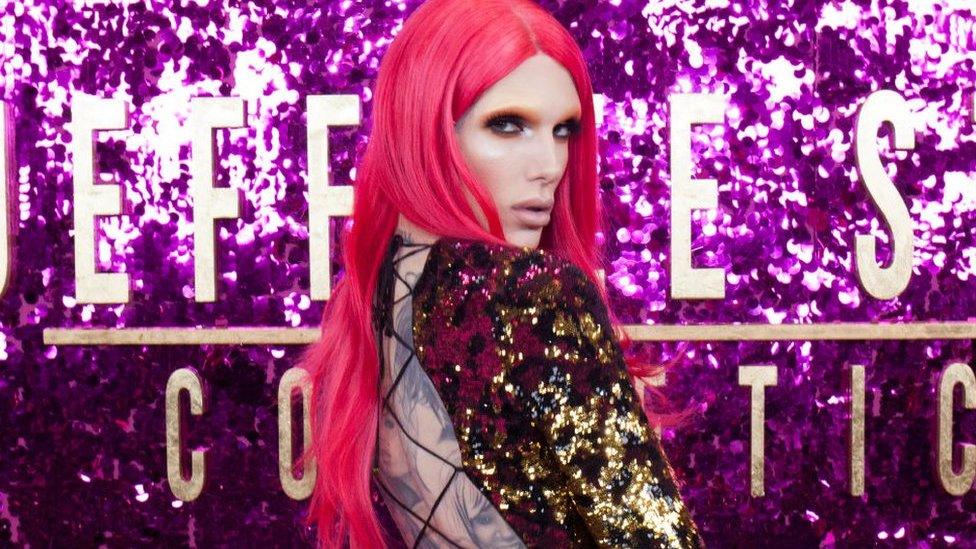How Instagram star walked away from 'selling anorexia'
- Published
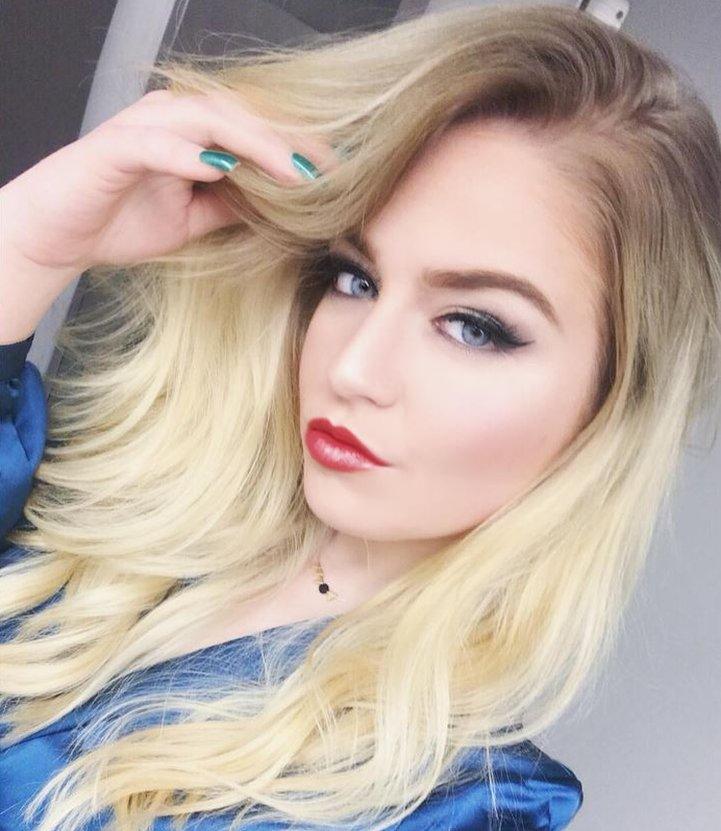
Lucinda Evelyn is a social media influencer from Glasgow
Lucinda Evelyn admits it wasn't her appearance, charisma or talent on camera that caused the job offers to flow in - rather, it was her thousands of followers on Instagram.
After a brief stint in modelling, the 28-year-old found big-name brands began to approach her offering her work on promotional campaigns.
All she needed to do was post a quick selfie on social media endorsing products that she received for free to her legion of fans - anything from brow liner to organic tampons to multivitamin milkshakes for hair growth. Thus began her career as a social media 'influencer'.
"It's very low effort, very high reward in a lot of ways," said Lucinda. "It did give me a huge sense of self worth and I think that's why a lot of women do it."
The allure of regular paid work was tempting and her colourful posts have since amassed a 15,000-strong Instagram following. But when she agreed to back a coffee designed for rapid weight loss, the Glasgow star began to feel unsettled.
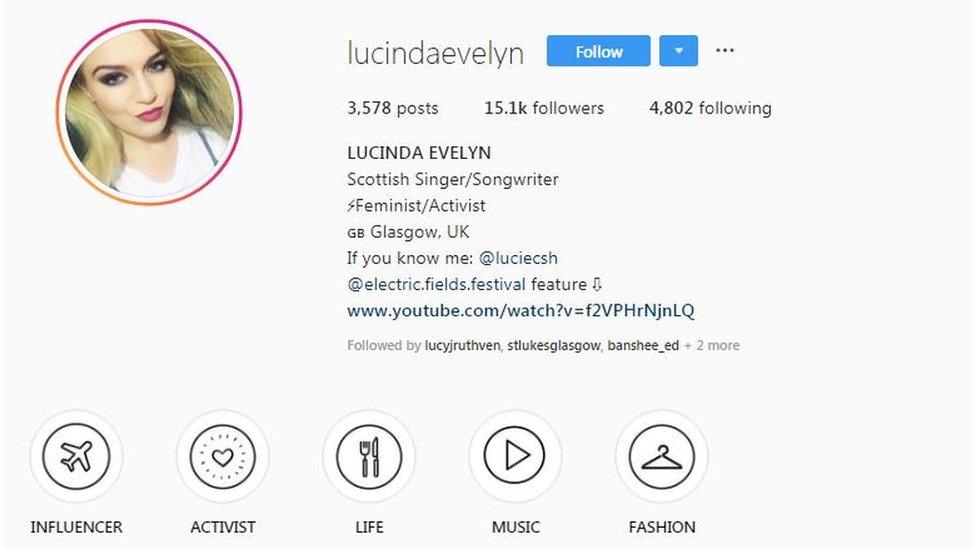
"They would have the word 'skinny' in the title," she said. "Skinny this and skinny that, and it's sad because it's saying if you're not skinny you're not good enough.
"I don't think that should be a message that people should be allowed to send.
"It's almost sort of selling anorexia and eating disorders and mental health problems."
Eventually Lucinda found she was unable to answer uncomfortable questions as friends quizzed her on the efficacy of the "miracle" drinks - which in reality, she found had not worked as promised on the label.
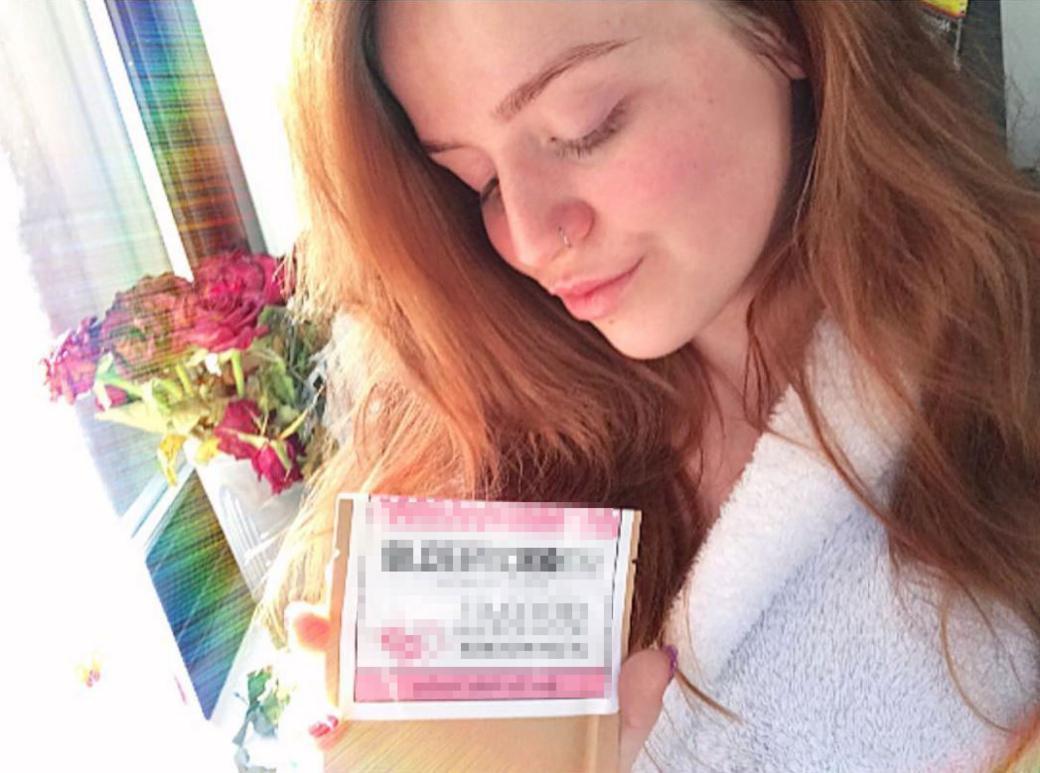
Lucinda has since dropped the weight loss coffee brand
She said: "It just makes you think about things in a different way when somebody asks you those questions.
"I said it gives you a little bit of a flat stomach, it helps with bloating but it's not going to make you skinny and they were like 'well why are you promoting it?'
"It's one thing selling things online to strangers but when it's your friends contacting you, I couldn't lie to them.
"I looked into it a bit more and realised it wasn't really what it was saying it was. It was false advertising and it was just selling people insecurity and I didn't really agree with that so I decided to take a step back from those kinds of products."
Lucinda has since dropped the coffee brand, although her previous Instagram posts for them remain online.
She has urged fellow influencers to thoroughly research the products they promote, particularly given a high percentage of their followers will be in their teens.
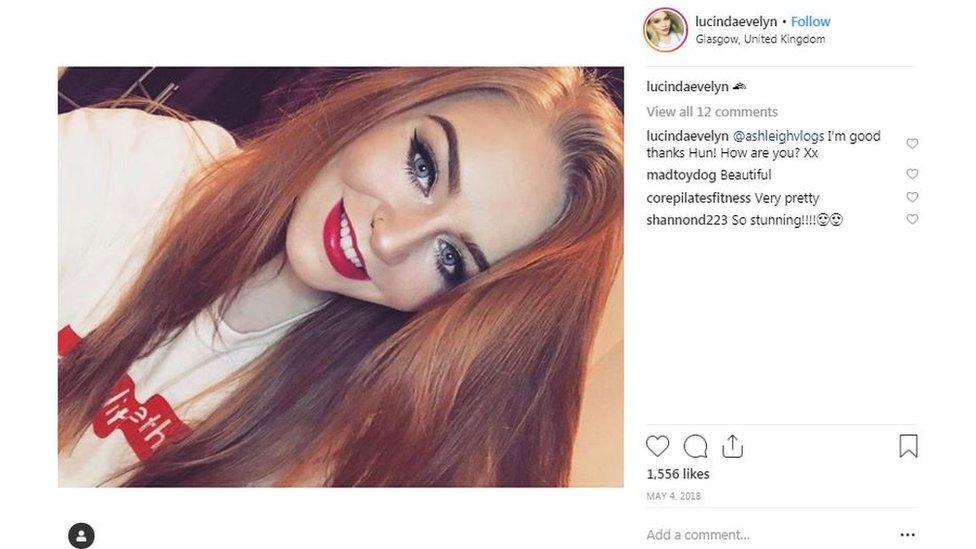
She said: "I think it's really ignorant to think that we don't have a moral and social obligation to people who are looking at our posts.
"When I think of my followers I generally think of adults but a lot of them won't be adults, a lot of them will be schoolchildren.
"You have to take responsibility for that and I think it's selfish and immoral not to. You have to be aware of the influence you're having on your audience."

Does weight loss coffee work?
Registered dietician Dr Katerina Vasilaki explains that detox teas and coffees primarily work through a laxative effect.
She said: "They increase the bowel movements and the time that it takes for a bowel movement shortens.
"Our bowel will not have enough time to get the nutrients or the fluids."
She adds that the drinks have the potential to cause dehydration, problems with bowel function and indirectly, to "disordered eating".
Dr Vasilaki continued: "What I would say is dieting is not risk-free and quite a lot of people trying to lose weight with the help of these products are not really aware of that.
"We are seeing that dieting is linked to increased disordered eating, mental health issues and even further weight gain especially in teenagers.
"There are studies that have shown that teenagers who are dieters in the long run gain more weight than the teenagers who do not diet."

Lucinda's story comes amid the rise of a campaign to stop celebrities and influencers promoting rapid weight loss products.
Founded by Mandy Jones of the Empowered Woman Project, the campaign is seeking tighter regulations on paid social media promotions and to pressure stars to become more mindful of the products they choose to back.
Ms Jones told BBC Scotland: "I think it's hugely damaging - why do we need to look a certain way?
"There is a huge revolution at the moment with body positivity and accepting different body types and I've seen it in a lot of different ad campaigns which is great.
"However, these celebrities and influencers carry on serving an ideal then it's just damaging, youngsters think they need to look that way in order to be successful."
Allow Instagram content?
This article contains content provided by Instagram. We ask for your permission before anything is loaded, as they may be using cookies and other technologies. You may want to read Meta’s Instagram cookie policy, external and privacy policy, external before accepting. To view this content choose ‘accept and continue’.

The campaign has now been brought to Holyrood's attention by MSP Shona Robison.
Ms Robison sent a parliamentary motion to colleagues highlighting how many weight loss companies require a before and after photo when promoting their products - often taken on the same day. The motion says the practice "can construct an inaccurate portrayal of healthy weight loss as a result of using a product."
A spokesperson for Instagram said: "This is an important area, and one we are thinking a lot about.
"These type of posts involve paid promotional partnerships between brands and influencers, which our advertising policies don't apply to.
"We are looking at this closely to understand how we can improve."
- Published3 October 2018
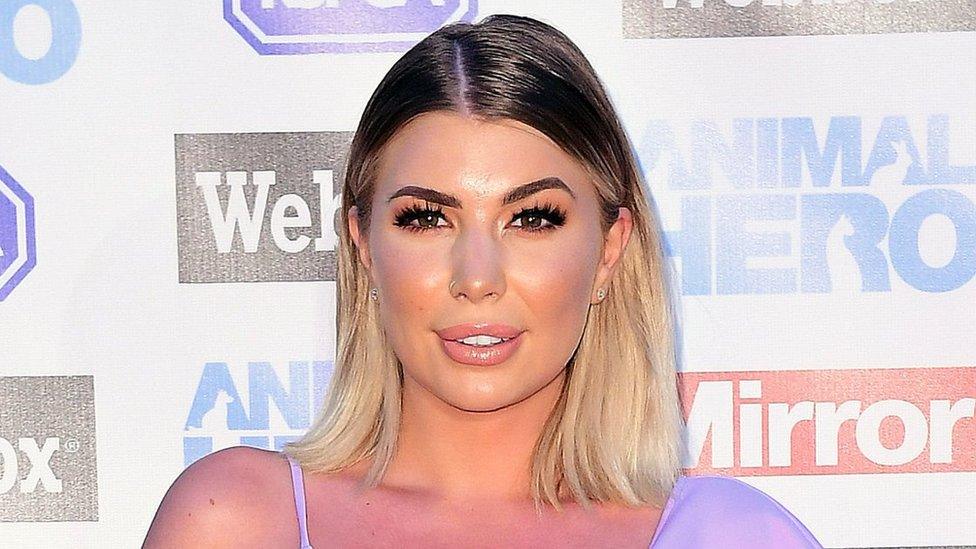
- Published27 December 2018
